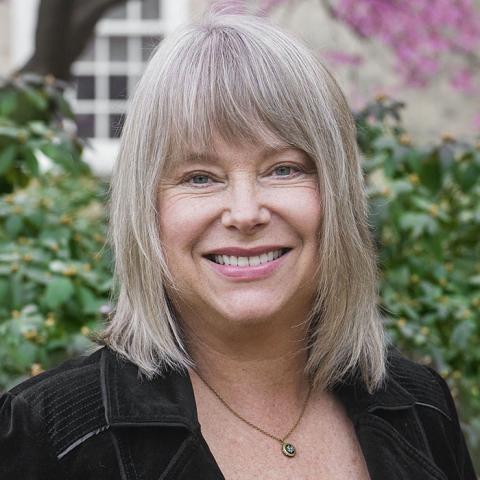Summer Centered: Noah Kogut Levin '26 Works With Environmental Organizations in Brazil

Details
Over the course of two internships in Rio de Janeiro sponsored by the Center for Career and Professional Advising, Levin is learning about protecting the environment from both a hands-on and a policymaking perspective.
Growing up in Brazil, Noah Kogut Levin ’26 had a front-row seat to witness some of the world’s worst environmental degradation. Deforestation in the Amazon has been rampant for decades, hundreds of endangered species are struggling to survive, and climate change is making the country hotter and drier.
This summer, Levin is back home in Brazil learning how he can contribute to the weighty task of addressing those failures. Over the course of two internships in Rio de Janeiro sponsored by the Center for Career and Professional Advising, he is balancing the practical and the theoretical as he learns how to protect the environment from both a hands-on and a policymaking perspective.
First, he is working with biologist and environmentalist Mario Moscatelli on renaturalization projects in three separate mangrove ecosystems. He is trimming, watering, and planting trees; monitoring wildlife; collecting trash to reduce pollution; and helping to organize a construction site where a bike lane is being demolished to be returned to nature. Later in the summer, he will work with an arm of the Brazilian Foundation for Sustainable Development that is planning and writing policies to improve the country’s agricultural sustainability, with a particular focus on the Amazon rainforest.
“I have gotten an up-close view of how truly difficult it is to be an environmentalist in Brazil,” Levin said.
Every day, he said, at least one new problem arises in one of the three areas he is working in with Moscatelli. On some days, that means someone has cut down a mangrove tree Moscatelli planted 30 years ago; on others, construction expands into protected land he is tending. The Brazilian government’s lack of interest in accountability—and its contributions to these issues—only exacerbates the challenge of preserving the environment, Levin said.
There are reminders, though, of the reasons to try. For Levin, who has loved animals from a young age, seeing their response to his efforts has been rewarding. Within minutes of a tractor removing asphalt from part of the bike lane being removed, he saw the impact of renaturalization.
“Water from the lake started to cover the newly exposed area, and you could see small species of fish already swimming in there,” Levin said. “Five minutes later, a capybara came to the site to monitor and approve the construction so far, and hawks and other birds also gathered around, making all the work worthwhile.”
Levin, who is majoring in environmental studies with a concentration in Peace, Justice, and Human Rights, expects his firsthand experience in Brazil’s natural environments to inform the policy-focused work he’ll be doing later this summer. He’s learned all about the physiology of different species of mangrove and other trees, as well as the animals that cohabitate alongside them. Now, he’s eager to develop skills in planning and designing the environmental policies that could help protect them in the future.
“Thanks to my first internship, I have a more accurate idea of what is wrong with Brazil’s current legislation—and what needs to be changed,” he said.
—Ben Seal




